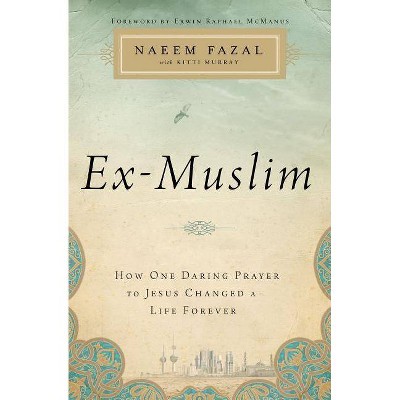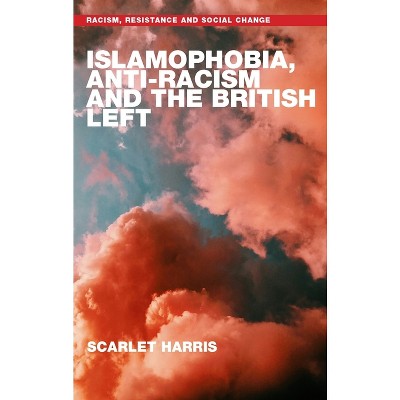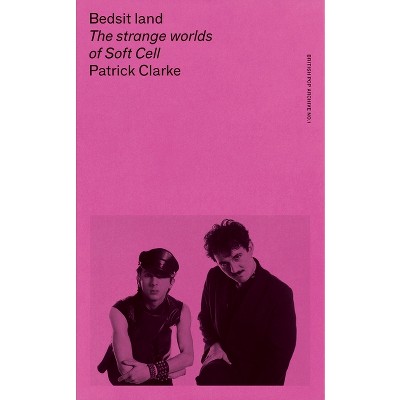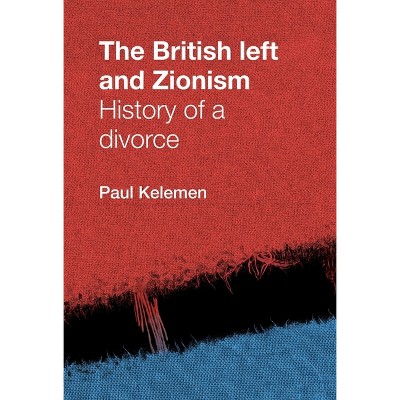Sponsored

British Bangladeshi Muslims in the East End - by Fatima Rajina
Pre-order
Sponsored
About this item
Highlights
- Popular discourse around British Muslims has often been dominated by a focus on Muslim women and their sartorial choices, particularly the hijab and niqab.
- About the Author: Fatima Rajina is a Senior Legacy in Action Research Fellow at the Stephen Lawrence Research Centre, De Montfort University
- 224 Pages
- Social Science, Sociology
Description
About the Book
This book delves into an in-depth discussion around dress and languages and how they have shaped the changes in the British Bangladeshi Muslim community in the East End of London.Book Synopsis
Popular discourse around British Muslims has often been dominated by a focus on Muslim women and their sartorial choices, particularly the hijab and niqab. This book takes a different angle and focuses on Muslim men, examining how factors like the global war on terror influenced and changed their sartorial choices and use of language. The book denaturalises the ubiquitous and deeply problematic security lens through which knowledge of Muslims has been produced in the past two decades.
British Bangladeshi Muslims in the East End offers an alternative reading of these communities and how their political subjectivities emerge. Drawing on historical events, field research and existing academic work, the book aims to address the multiple ways British Bangladeshi Muslim men and women create their relationship with dress and language. This is the first book to empirically examine how dress and language shape the identities of British Bangladeshi Muslims in the East End, using in-depth analysis useful for anyone interested in the study of British Muslims broadly. While the book focuses on a specific Muslim community, the emerging themes demonstrate the interconnectedness of Muslims locally and globally and how they manifest their identities through dress and language. Cover illustration by Waheeda Rahman-Mair: prints available at https: //www.waheeda.co.uk/storeFrom the Back Cover
Popular discourse around British Muslims has often been dominated by a focus on Muslim women and their sartorial choices, particularly the hijab and niqab. This book takes a different angle and focuses on Muslim men, examining how factors like the global war on terror influenced and changed their sartorial choices and use of language. The book denaturalises the ubiquitous and deeply problematic security lens through which knowledge of Muslims has been produced in the past two decades.
British Bangladeshi Muslims in the East End offers an alternative reading of these communities and how their political subjectivities emerge. Drawing on historical events, field research and existing academic work, the book aims to address the multiple ways British Bangladeshi Muslim men and women create their relationship with dress and language. This is the first book to empirically examine how dress and language shape the identities of British Bangladeshi Muslims in the East End, using in-depth analysis useful for anyone interested in the study of British Muslims broadly. While the book focuses on a specific Muslim community, the emerging themes demonstrate the interconnectedness of Muslims locally and globally and how they manifest their identities through dress and language.Review Quotes
'The book is a tour de force ... Rajina brings British Bangladeshi Muslims forth with textured voices, while shedding light on how those voices are mediated by fields of power which craft the paradigms available to them. '
--Victoria Redclift, University of London
--Panikos Panayi, De Montfort University
About the Author
Fatima Rajina is a Senior Legacy in Action Research Fellow at the Stephen Lawrence Research Centre, De Montfort University





